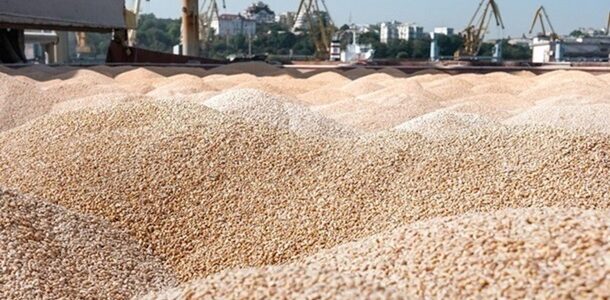
Ukraine’s exports of agricultural products increased by more than a quarter to 48.9 million tons in January-September 2024 compared to the same period last year, according to the State Customs Service of Ukraine (SCSU).
“During the first nine months of 2024, Ukraine’s agricultural exports increased by more than a quarter, namely by 9.9 million tons. Their value increased by USD 1.4 billion. In total, in 3 quarters of 2024, Ukraine exported 48.9 million tons of agricultural products worth USD 10.5 billion,” the State Customs Service said in a telegram on Wednesday.
It is noted that the main reason for this growth was the resumption of maritime traffic. Due to this, 89% of the total exports of agricultural products were carried out by sea. On land, exporters prefer rail transport, with only 2% being transported by road.
Grain crops remain the key group of exported agricultural products – 42.3 million tons worth $7.1 billion were exported in 9 months. Another significant component of agricultural exports is seeds and oilseeds – 5 million tons worth $2.2 billion.
“The situation with imports is somewhat different. In particular, 80% of all imported agricultural products came to Ukraine by road, about 18% by sea and almost 2% by rail. This is mainly due to imports from European countries, unlike exports, where goods are delivered all over the world,” the State Customs Service said in a statement.
It is reported that in total, Ukraine imported 978.8 thousand tons of agricultural products worth $1.7 billion. Almost half of all imports are edible fruits and nuts – 468 thousand tons, worth $ 563.8 million. In addition, vegetables are significant in terms of the number of imported agricultural products – 194.2 thousand tons ($246.6 million), and oilseeds are worth $346.5 million (50.2 thousand tons).
“Ukraine’s agricultural sector continues to demonstrate steady growth, ensuring stable supply of products to foreign markets and meeting domestic needs through imports. The Solidarity Roads initiative has played an important role in this process, expanding opportunities for agricultural producers by developing alternative logistics routes,” the State Customs Service said.